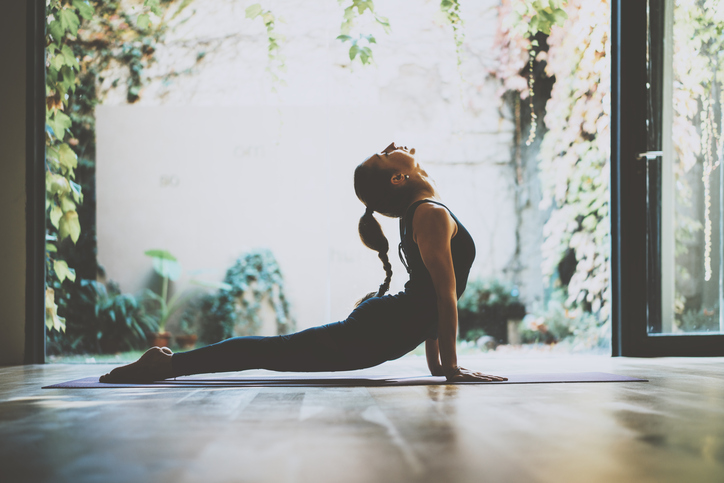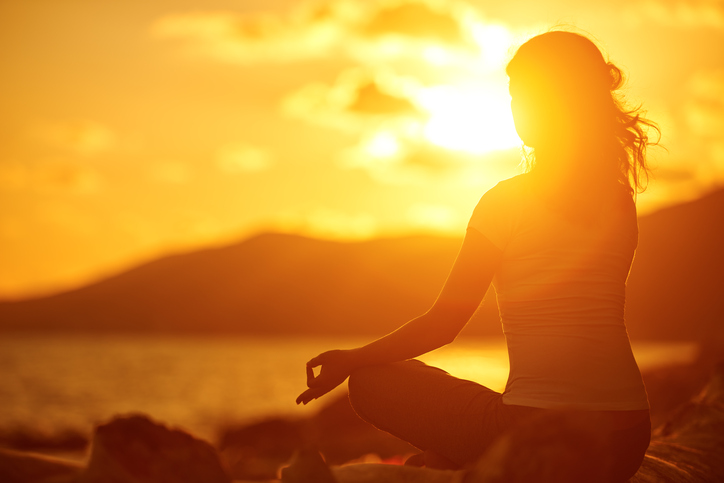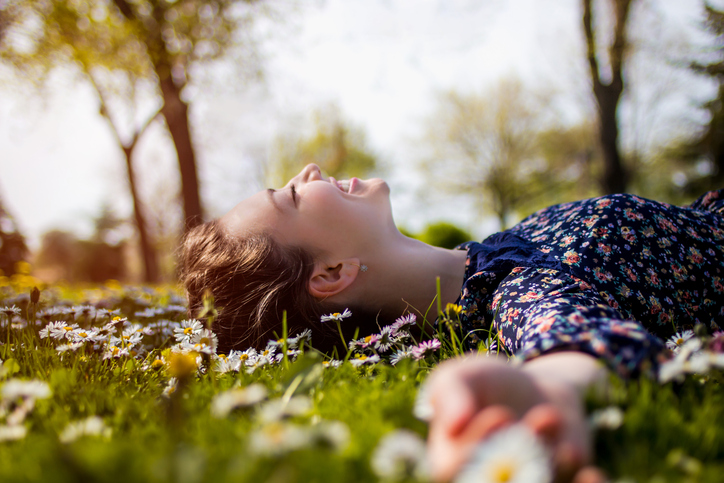Achieving balance in life can be incredibly empowering. It allows a person to feel at ease in their physical, mental, emotional, and spiritual realities, and to enjoy contentment. Helping clients attain this state of wellness is an important part of what wellness counsellors do, but in order to do so effectively, it’s necessary for counsellors to have achieved a level of balance in their own lives. Arriving at this place is an important part of the journey in wellness training.
Curious about how a good training program will help you enjoy greater balance in life? Here are some of the things you can expect.
Importantly, Rhodes Wellness College Encourages Physical Wellbeing
Physical fitness is an important but often overlooked element of one’s wellness. Physical fitness can “allow daily tasks to be accomplished with greater ease and comfort and with less fatigue” (Physical Activity Tips for Adults [18-64 years], 2012). It has also been shown to have important impacts on one’s mental health, including “by reducing anxiety, depression, and negative mood, and by improving self esteem and cognitive function” (Sharma, A., M.D., Madaan, V., M.D., & Petty, F. D., M.D., Ph.D., 2006). For both the physical and the mental, in other words, physical activity and fitness offer great value.
Attending wellness college can help you find greater physical wellness through instruction in practices like yoga, core conditioning, and other activities. Learn to incorporate these teachings and you will have taken an important step toward finding greater balance in your life.

Yoga and other physical techniques are important elements of wellness training
Mental & Emotional Wellness Are Among the Most Important Concerns at Rhodes Wellness College
The mental and emotional domains of health are particular concerns for many who are seeking to achieve greater wellness, but the range of factors that can influence these domains are extensive. Traumatic memories or ongoing life realities, difficulties with employment, depressive thoughts, and other factors common to many people’s life experiences can hinder the pursuit of a balanced life.
In order to help others—and yourself—better manage these factors, training for a diploma in wellness counselling will often include a variety of techniques that can be useful for promoting mental and emotional health. These include methods like cognitive behavioural therapy, therapeutic re-enactment, narrative therapy, dialectical behavioural therapy and other techniques that are designed to help clear thoughts and create healthy behaviours. Hands-on work with these techniques throughout your training will ensure that you are fully capable of implementing them, and will allow you to find greater mental and emotional balance and wellbeing.
Rhodes Wellness College Will Help You Achieve Spiritual Balance
For many people, spiritual beliefs hold great significance. This dimension, though often linked to a belief in a supernatural entity or power, is nonetheless subject to change at crucial moments. “True spiritual awakening is usually precipitated by an event in an individual’s life”, and often, an awakening will be preceded by a moment of doubt, or crisis (Riddell, G., & Ryndak, K.).
Being equipped to explore the positives and negatives of spiritual change can be an important part of maintaining personal balance, which is why it’s important to attend a wellness training program that helps you address this aspect of life. You can learn to live a life of purpose and meaning, expand your consciousness, and learn constructive techniques for exploring matters of the spirit. You’ll be able to achieve a striking level of balance in an area of life that too often goes unexamined.

Spiritual wellness training can help you achieve a great level of balance in your life
Do you want to become a wellness counsellor?
Contact Rhodes Wellness College today to begin your journey to greater balance and fulfillment!
Works Cited
Physical Activity Tips for Adults (18-64 years). (2012, April 25). Retrieved June 8, 2017, from http://www.phac-aspc.gc.ca/hp-ps/hl-mvs/pa-ap/07paap-eng.php
Riddell, G., & Ryndak, K. (n.d.). Understanding a Spiritual Crisis. Retrieved June 8, 2017, from http://vitalitymagazine.com/article/understanding-a-spiritual-crisis/
Sharma, A., M.D., Madaan, V., M.D., & Petty, F. D., M.D., Ph.D. (2006). Exercise for Mental Health. Prim Care Companion to The Journal of Clinical Psychiatry,8(2), 106th ser. Retrieved June 8, 2017, from https://www.ncbi.nlm.nih.gov/pmc/articles/PMC1470658/










